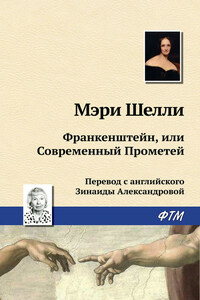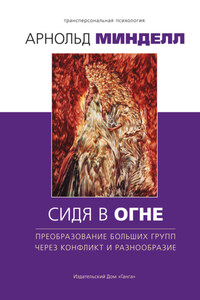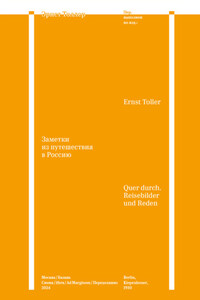To Mrs. Saville, England.
St. Petersburg, Dec. 11th, 17-.
You will rejoice to hear the news. No disaster has accompanied the commencement of my enterprise. I arrived here yesterday, and my first task is to assure my dear sister of my welfare.
I am already far north of London. As I walk in the streets of Petersburg, I feel a cold northern breeze. It plays upon my cheeks, and fills me with delight. Do you understand this feeling? This breeze gives me a foretaste of icy climes. My daydreams become more fervent and vivid. I try in vain to think that the pole is the seat of frost and desolation. It presents itself to my imagination as the region of beauty and delight. There, Margaret, the sun is for ever visible. There snow and frost are banished.
It is a country of eternal light. I shall satiate my ardent curiosity with the sight of a part of the world never before visited. These are my enticements, and they are sufficient to conquer all fear of danger or death. I commence this laborious voyage with the joy a child feels when he embarks in a little boat. I want to discover a passage near the pole to those countries, to reach which at present so many months are requisite.
My heart glows with an enthusiasm which elevates me to heaven. Nothing contributes so much to tranquillise the mind as a steady purpose. This expedition has been the favourite dream of my early years[1]. I have read with ardour the accounts of the various voyages through the seas which surround the pole. A history of all the voyages composed the library of our good Uncle Thomas. My education was neglected[2], but I liked to read. These volumes were my study day and night. But my father forbid my uncle to allow me to embark in a seafaring life[3].
Famous poets entranced my soul and lifted it to heaven. I also became a poet and for one year lived in a paradise of my own creation. I imagined that I also might obtain a niche in the temple of Homer and Shakespeare. Then I bore the disappointment.
But just at that time I inherited the fortune of my cousin.
Six years have passed since I made a decision. I can, even now, remember the hour from which I dedicated myself to this great enterprise. I accompanied the whale-fishers on several expeditions to the North Sea. I voluntarily endured cold, famine, thirst, and want of sleep. I often worked harder than the common sailors during the day. I devoted my nights to the study of mathematics, the theory of medicine, and branches of physical science. Twice I actually hired myself as an under-mate[4]. I felt a little proud when my captain liked my services.
And now, dear Margaret, I deserve to accomplish some great purpose. My life can pass in ease and luxury, but I prefer glory to wealth. My courage and my resolution are firm. I shall proceed on a long and difficult voyage.
This is the most favourable period for travelling in Russia. I fly quickly over the snow in my sledges; the motion is pleasant. The cold is not excessive. I have no ambition to lose my life between St. Petersburg and Archangelsk.
I shall depart for the latter town in a fortnight or three weeks. My intention is to hire a ship there. I do not intend to sail until the month of June; and when shall I return? Ah, dear sister, how can I answer this question? If I succeed, many, many months, perhaps years, will pass before you and I may meet. If I fail, you will see me again soon, or never.
Farewell, my dear Margaret. Thank you for all your love and kindness.
Your affectionate brother,
R. Walton
To Mrs. Saville, England.
Archangelsk, 28th March, 17-.
How slowly the time passes here! Yet I have hired a vessel. I am collecting my sailors. But I have no friend, Margaret. No one will sustain me in dejection. I shall commit my thoughts to paper, it is true. But that is not enough. I desire the company of a man who can sympathise with me, whose eyes can reply to mine. You may deem me romantic, my dear sister, but I really need a friend. I have no one near me, gentle yet courageous, whose tastes are like my own, to approve or amend my plans. Such a friend can repair the faults of your poor brother! I am too impatient. But it is a still greater evil to me that I am self-educated. Now I am twenty-eight and am in reality more illiterate than many schoolboys of fifteen.
Well, these are useless complaints. I shall certainly find no friend on the wide ocean, nor even here in Archangelsk, among merchants and seamen. My lieutenant, for instance, is a man of wonderful courage. He is madly desirous of glory. He is an Englishman, and retains some of the noblest endowments of humanity. I first became acquainted with him on board a whale vessel. I found that he was unemployed in this city. I easily engaged him to assist in my enterprise.
The captain is a person of an excellent disposition and is remarkable in the ship for his gentleness and the mildness of his discipline. His dauntless courage made me very desirous to engage him. My youth, my best years, passed in solitude, under your gentle and feminine fosterage. I distaste the usual brutality. I shall do nothing rashly: you know me sufficiently to confide in my prudence and considerateness.











